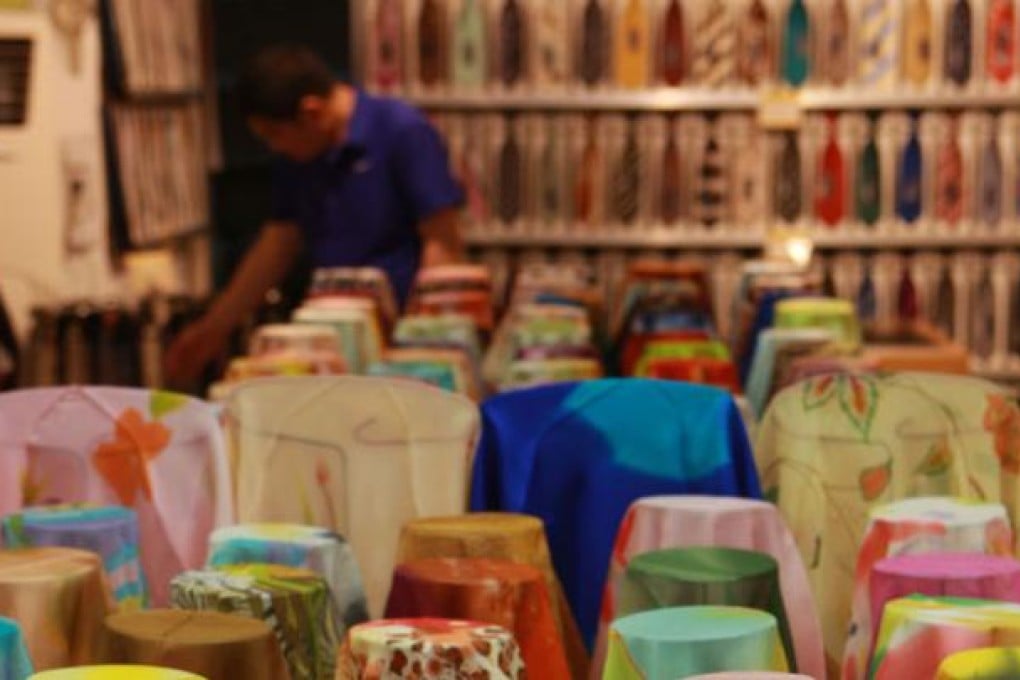
Few products match the role of silk in Chinese culture. Once reserved for the imperial families, silk tied China to the world through the Silk Road, rooted in Hangzhou.
Led by Hangzhou and Suzhou, China continues to be the world's largest silk exporter, owning 70 per cent of the production yield and 80 per cent of the global export trade, according to Frankie Kwok Yan-chi, assistant director of Tungtex Holdings, a Hong Kong-listed company with garment factories in Hangzhou and Guangdong.
Silk production is tied to Hangzhou by a climate conducive to silkworms and the mulberry leaves on which they feast, and access to waterways for commerce, according to Peter Cheung Ting-yin, executive director at China Ting Group, another Hong Kong-listed enterprise with silk factories in Hangzhou.
An emphasis on productivity and artisanal regard for quality by local entrepreneurs "made Hangzhou the leading city in the silk business and one of the wealthiest cities in China" dating back to the 17th century, according to Kwok.
Even today, the city's attachment to silk runs deep. "An emotional engagement [to silk] exists for people in Hangzhou since their childhood," notes Jason Choi Tsan-ming, an associate professor who teaches fashion business at Hong Kong Polytechnic University.
What has changed is the size and professionalism of the industry. "It's not an art form any more, it's big business and that's just the way the world is," says David Birnbaum, a consultant and author focusing on the textile and apparel industry.